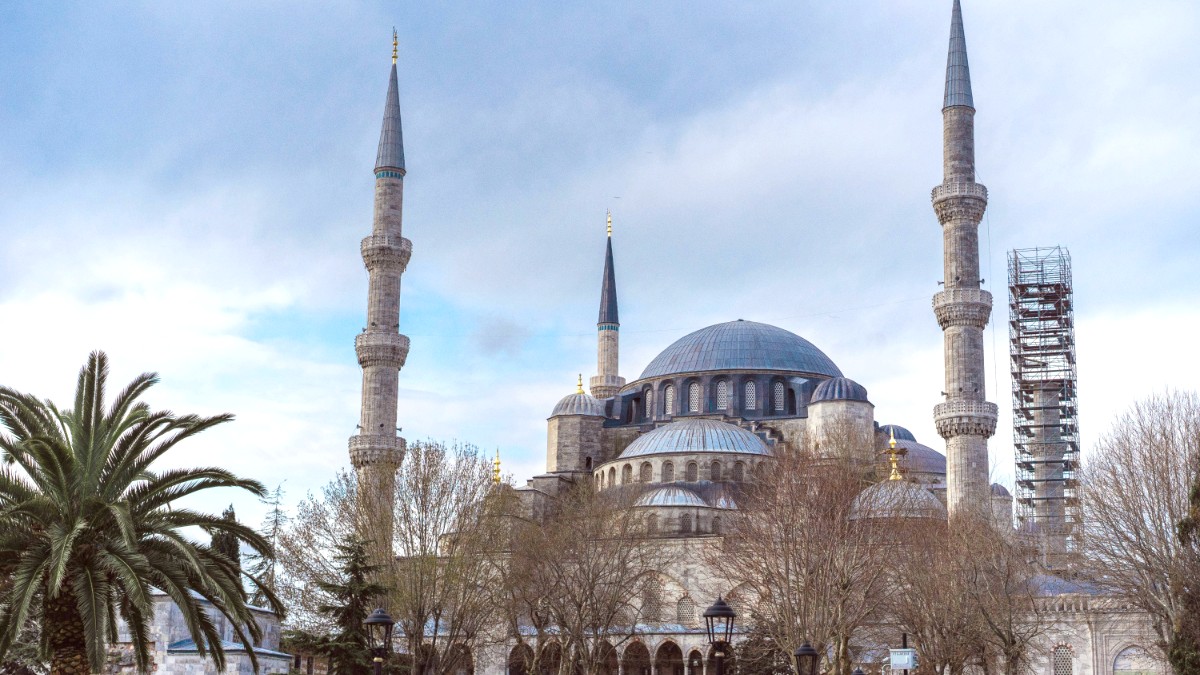
Istanbul, Turkey
Turkey has three major mobile providers: Turkcell, Vodafone, and Türk Telekom. Turkcell generally has the best coverage across the country. Purchase local SIM cards conveniently at kiosks within Istanbul Airport (IST) and Sabiha Gökçen Airport (SAW), or at official stores of the major carriers found throughout the city. Your passport is needed for registration, as required by Turkish law. Prepaid tourist SIM packages typically cost between 400-800 TRY (approximately 15-30 USD) for 20-50 GB of data, valid for 30 days.
The official language is Turkish (Türkçe). English is spoken in major tourist areas like Sultanahmet and Beyoğlu, and in upscale establishments. It is less common in local neighborhoods.
Access to communication tools makes your travels smoother. Consider an Airalo eSIM for immediate mobile data upon arrival.
Understand typical business hours and how holidays influence services.
Shops are generally open from 9 AM to 7 PM, Monday through Saturday. Shopping malls typically have longer hours, from 10 AM to 10 PM daily.
Grand Bazaar and Spice Bazaar operate from 9 AM to 7 PM, Monday through Saturday. They are closed on Sundays and public holidays.
Lunch service usually runs from 12 PM to 3 PM. Dinner typically begins around 6 PM and continues until 11 PM or later. Cafes open earlier for breakfast.
Banks are generally open from 9 AM to 5 PM, Monday through Friday.
Public holidays cause banks, government offices, and some businesses to close. Tourist attractions often remain open but see increased crowds.
Always verify operating hours, especially around public or religious holidays, to optimize your visit.
Navigate Istanbul's rich cultural landscape with sensitivity and respect.
Handshakes are common for initial greetings, especially between men. Women may shake hands with other women. When greeting a person of the opposite gender, wait for the woman to offer her hand first.
Dressing modestly (covering shoulders and knees) is respectful, especially when visiting religious sites or conservative neighborhoods like Fatih.
Photography is generally allowed in public spaces and most tourist sites.
Avoid discussing Turkish politics or sensitive historical events unless with trusted local friends. These topics can be very sensitive.
Istanbul presents both opportunities and challenges for travelers with mobility needs, given its ancient origins and varied terrain.
Istanbul's historical areas, including Sultanahmet, feature uneven cobblestone streets, steep inclines, and numerous stairs, which can make mobility challenging. Many older buildings lack ramps or elevators.
Hagia Sophia and the Blue Mosque have some accessible sections, but certain parts (like Hagia Sophia's upper gallery) are only reachable via stairs.
Dedicated services for travelers with visual or hearing impairments are limited.
Check the official websites of specific attractions for detailed accessibility information.
Careful planning of routes and attractions is advised for travelers with mobility challenges.